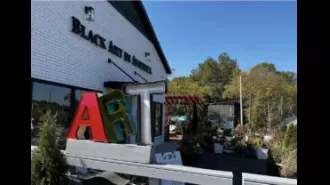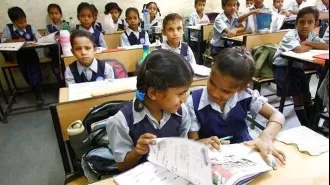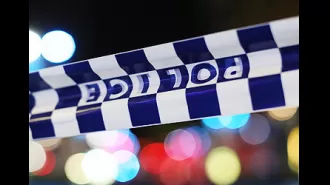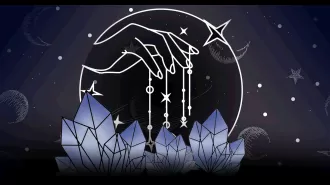In 1970, soldiers shot at Kent State students. Today's campus protests are reminiscent of this event, according to survivors.
The 1970 Kent State shooting was a pivotal event in U.S. history that sparked nationwide campus protests and resulted in the temporary closure of many colleges and universities.
May 4th 2024.
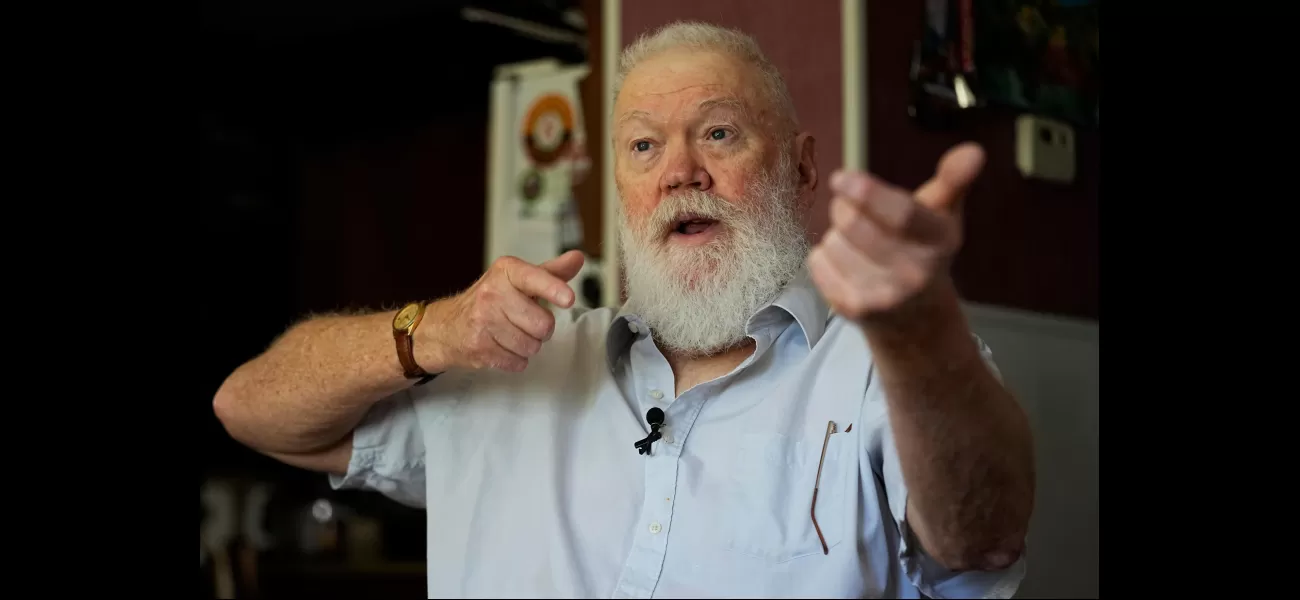
Dean Kahler was just a freshman at Kent State University when the Ohio National Guard opened fire on a group of unarmed war protesters. As bullets flew around him, Kahler flung himself to the ground and covered his head, hoping to avoid being hit. But he wasn't so lucky. In an interview over 50 years later, Kahler remembered feeling a sharp pain, like a bee sting, but soon realized it was much worse. A bullet had gone through his lung, shattered three vertebrae, and damaged his spinal cord, leaving him paralyzed.
The events of May 4, 1970, were a turning point in American history, marking the end of a tumultuous decade and sparking nationwide campus protests. The tense exchange between protesters and National Guard troops at Kent State, where tear gas was used and rocks were thrown, resulted in the deaths of four students and injuries to nine others. This moment galvanized the anti-war movement and led to the temporary shutdown of numerous colleges and universities.
Today, as students continue to protest against wars happening around the world, the shootings at Kent State and their aftermath remain relevant. College administrators must balance the rights to free speech with the need to maintain order, and the public is once again witnessing chaotic confrontations between protesters and police. This weekend, Kent State will hold a solemn commemoration, gathering at the spot where four students were killed in a 13-second volley of gunfire.
Meanwhile, Kahler watches as a new generation of students demand an end to military action, wondering if colleges have truly learned from the mistakes of the past. He questions the heavy-handed tactics used by some administrators and trustees, and worries about the potential for history to repeat itself.
Across the country, students at dozens of colleges and universities have been arrested in recent weeks as they protest against the war in Gaza. At Kent State, known for promoting civil dialogue, efforts have been made to facilitate discussions between students with opposing viewpoints. However, tensions remain and some students, both Jewish and Palestinian, do not feel safe on campus.
Adriana Gasiewski, a junior at Kent State, has been covering the protests for the school newspaper and expresses concern about the potentially explosive atmosphere at other universities. She fears a repeat of the events at Kent State, where outside agitators were blamed for causing violence and chaos. Gasiewski's biggest fear is that the National Guard will be called in, as has been suggested by some politicians, and history will repeat itself.
Ralph Young, a historian at Temple University, sees clear parallels between the current protests and those of the Vietnam War era. He believes that the current crackdowns will only further fuel the anger and spread the protests to other campuses. Just as in the past, some politicians are trying to paint the protesters as violent and dangerous, but Young argues that these students are simply trying to bring attention to what they see as an unjust and atrocious war.
As the world continues to grapple with conflicts and wars, it is important to reflect on the lessons of the past. The events at Kent State serve as a reminder of the power of student activism and the need for open and respectful dialogue. Let us hope that, this time, there will not be a repeat of the tragic violence that occurred more than 50 years ago.
The events of May 4, 1970, were a turning point in American history, marking the end of a tumultuous decade and sparking nationwide campus protests. The tense exchange between protesters and National Guard troops at Kent State, where tear gas was used and rocks were thrown, resulted in the deaths of four students and injuries to nine others. This moment galvanized the anti-war movement and led to the temporary shutdown of numerous colleges and universities.
Today, as students continue to protest against wars happening around the world, the shootings at Kent State and their aftermath remain relevant. College administrators must balance the rights to free speech with the need to maintain order, and the public is once again witnessing chaotic confrontations between protesters and police. This weekend, Kent State will hold a solemn commemoration, gathering at the spot where four students were killed in a 13-second volley of gunfire.
Meanwhile, Kahler watches as a new generation of students demand an end to military action, wondering if colleges have truly learned from the mistakes of the past. He questions the heavy-handed tactics used by some administrators and trustees, and worries about the potential for history to repeat itself.
Across the country, students at dozens of colleges and universities have been arrested in recent weeks as they protest against the war in Gaza. At Kent State, known for promoting civil dialogue, efforts have been made to facilitate discussions between students with opposing viewpoints. However, tensions remain and some students, both Jewish and Palestinian, do not feel safe on campus.
Adriana Gasiewski, a junior at Kent State, has been covering the protests for the school newspaper and expresses concern about the potentially explosive atmosphere at other universities. She fears a repeat of the events at Kent State, where outside agitators were blamed for causing violence and chaos. Gasiewski's biggest fear is that the National Guard will be called in, as has been suggested by some politicians, and history will repeat itself.
Ralph Young, a historian at Temple University, sees clear parallels between the current protests and those of the Vietnam War era. He believes that the current crackdowns will only further fuel the anger and spread the protests to other campuses. Just as in the past, some politicians are trying to paint the protesters as violent and dangerous, but Young argues that these students are simply trying to bring attention to what they see as an unjust and atrocious war.
As the world continues to grapple with conflicts and wars, it is important to reflect on the lessons of the past. The events at Kent State serve as a reminder of the power of student activism and the need for open and respectful dialogue. Let us hope that, this time, there will not be a repeat of the tragic violence that occurred more than 50 years ago.
[This article has been trending online recently and has been generated with AI. Your feed is customized.]
[Generative AI is experimental.]
0
0
Submit Comment

